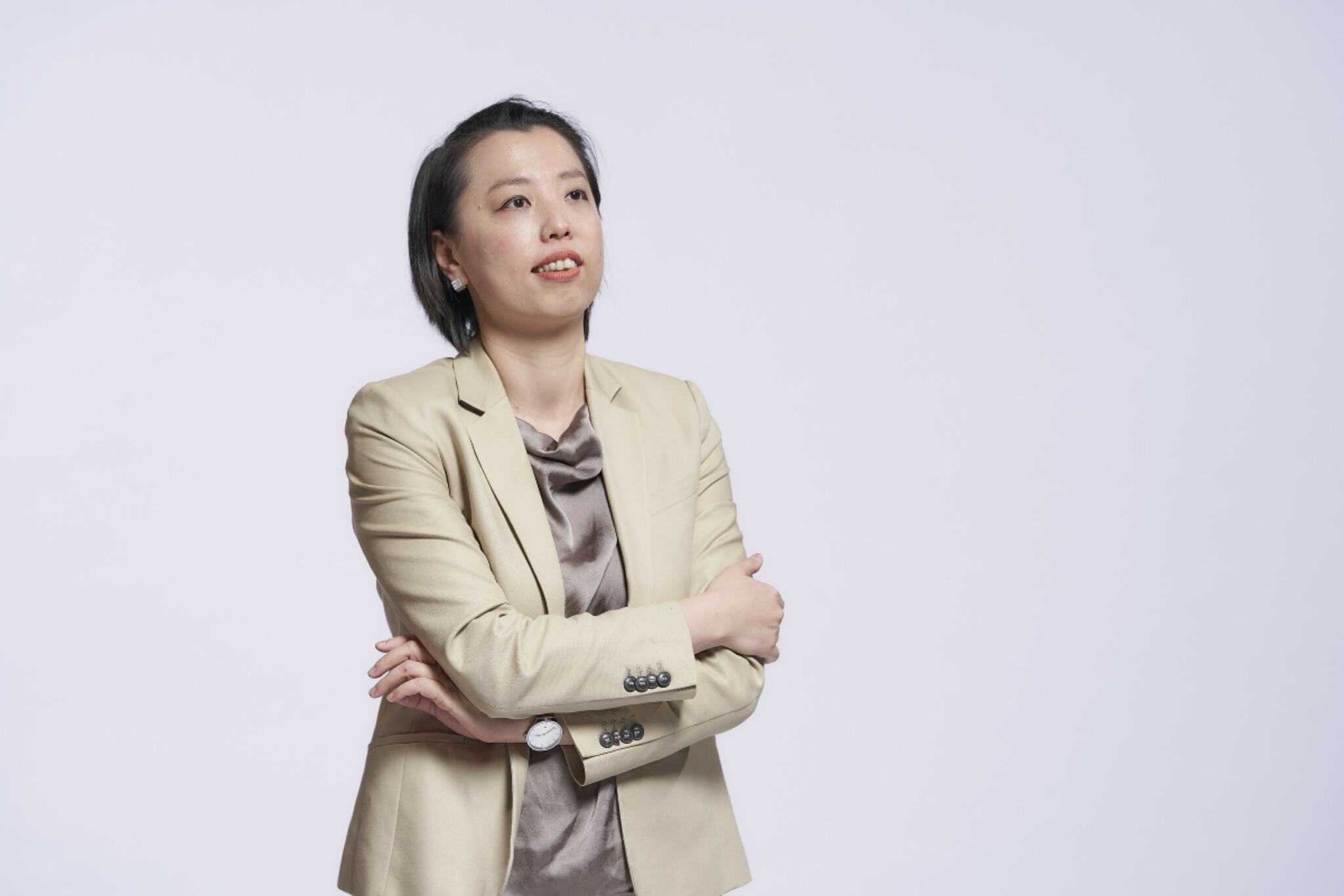
Wan-Jung Wei is the youngest Executive Director of OISTAT: International Organisation of Scenographers, Theatre Architects and Technicians, since its inception in 1968.
She is a choreographer and arts manager with an MA in Arts Politics, known by her dance and politics friends for having special or ‘crazy’ ideas. At OISTAT, Wan-Jung oversees international projects which include World Stage Design, Scenofest, Theatre Architecture Competition and World Scenography. Let’s get to know more about Wan-Jung in 12 questions.
Let me start with a story. I grew up in 1990s Taipei, where school uniforms in Taiwan were strictly gendered- boys in pants, girls in skirts. I was uncomfortable with these gender stereotypes. Each morning, faculty checked uniforms at the gate. To challenge this norm, I researched the school rules and found a loophole. One day, I boldly wore a boys’ uniform to class. When questioned, I calmly pointed to the rules, stating, “It only says students should wear uniforms; it doesn’t specify girls can’t wear boys’ uniforms. ” the faculty didn’t like it, but they couldn’t refute my logic.
This action, I later realized, was my first step in challenging gender stereotypes.
I’m the second child in the family. My sister is 3 years older than me. Having her around was like having a secret map to the world a guide to maneuvering within my parents’ sometimes confounding boundaries. My childhood dream was to be a zookeeper, a notion that turned our tiny Taipei apartment into animal land with dogs, a mischievous monkey, clucking chickens, and cooing pigeons. Reality hit when I realized that becoming a zookeeper meant mastering biology and chemistry, a path I wasn’t ready for. Yet, my love for animals never wavered, an enduring connection that transcends careers.
My journey into the world of dance was a bit unconventional. I fell in love with hip-hop when i was 13 years old. Hip-hop’s spirit of self-expression resonated with me deeply, and it provided an outlet to break free from the intense and high-pressure school life I was experiencing. However, as I continued to practice hip-hop in college, I became increasingly uncomfortable with the sexual stereotypes and male gaze that were often associated with it. This discomfort led me to explore contemporary dance, which I found to be a more liberating and inclusive form of expression. Contemporary dance allowed me to delve into complex emotions and ideas without feeling confined by stereotypes or expectations.
It was a transformative experience that ultimately shaped my artistic journey
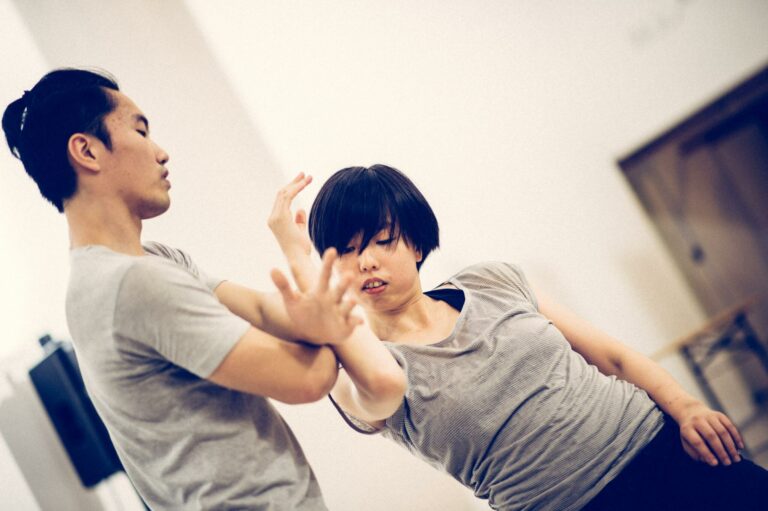
Dance is a significant part of my life. Choreography has sharpened my spatial awareness, and I apply the organizational skills I’ve learned in choreography to plan and manage international art events. The moments after dancing are when my thoughts are clearest; many solutions to work-related challenges come to me while in motion. My dance experience also greatly aids me in writing dance critiques as I instinctively connect with the movements on stage. Dancing sparks my inspiration.
On a personal level, dance provides me with an opportunity to listen to my inner voice. My passion for dance also helps me navigate the complexities of daily work.
I attend ballet and contemporary dance classes every week. Dance serves as my escape, allowing me to hone my technique and concentrate on my body. Whenever I travel abroad for business, I make sure to pack my dance shoes. Taking a ballet class after a long day of meetings is revitalizing, akin to sipping fresh lemon juice on a scorching summer afternoon.
In my early years, I was determined yet confused. I had a passion for dance and international politics. Yet, I was told that I should focus on one thing and one thing only. ‘choose one, ‘ they said. Refusing to give up, I kept trying to find my path to combine my passion for theatre and politics, and I succeeded, I enrolled in the MA program for Arts Politics at New York University, where I met fascinating people from around the world who shared the same passion.
I believe that the commonality between politics and Performing Arts of “creating dialogues in daily life” and that is exactly what i do in my daily work for OISTAT.
After my graduate study, I worked as an intern, first at the United Nation and then in a dance company. It was literally arts and politics.
In 2011, I came across a job posting by oOISTAT that read, ‘we are looking for someone with a passion for politics, diplomacy, and theatre. ‘ my immediate thought was, ‘Hmm, that sounds exactly like me, ‘ and my instincts were spot on. OISTAT offered me the unique opportunity to engage in international politics while remaining deeply immersed in the world of performing arts. From the depths of my heart, I knew this was where I belonged. I began my journey at OISTAT as a secretary and, over time, earned promotions, first to manager in 2013 and eventually to the role of Executive Director in 2017. I am the youngest Executive Director to assume this position since OISTAT’s establishment in 1968 and the first with a background in diplomacy.
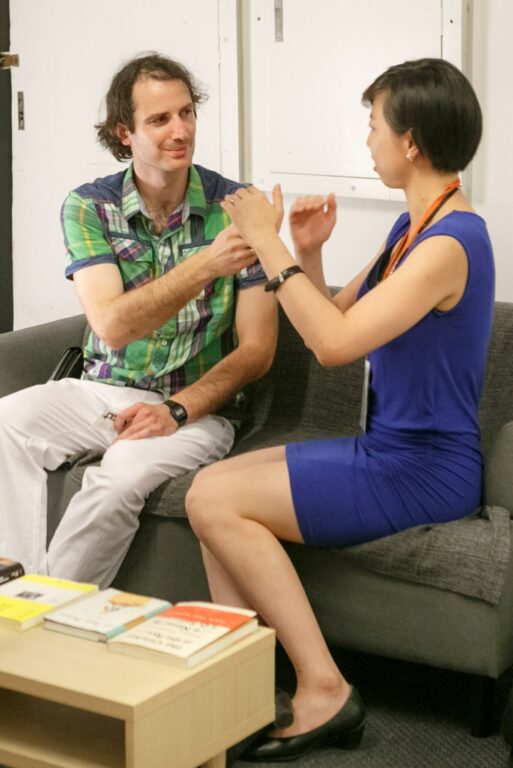
OISTAT is the place where creative ideas come to life. The reason for this is that we are a group of open-minded theatre professionals who are eager to share our innovations. The OISTAT headquarters team is proactive and efficient in its approach to work and problem-solving.
OISTAT, the international organization of Scenographers, Theatre Architects, and Technicians, is a global network of theatre makers celebrating design and technology in live performances. It was founded in 1968 in Prague during the cold war with the goal of bridging theatre-makers between eastern and Western Europe. In 1993, the OISTAT headquarters moved to Amsterdam, the Netherlands. With the support of the Ministry of Culture in Taiwan, OISTAT relocated its headquarters to Taipei, Taiwan, in 2006, aiming to strengthen its connections with Asia. The journey of the OISTAT headquarters demonstrates that OISTAT is an organization that embraces change and expands its influence.
As a feminist, I care about those who are underrepresented
Currently, I am the only Asian woman in OISTAT leadership. I view this as a distinct advantage that allows me to contribute significantly to the decision-making process by highlighting important factors that might otherwise be overlooked. At the organizational level, I actively advocate for geographical balance and gender equity in the selection process for OISTAT leadership positions. In my day-to-day responsibilities, I take measures to ensure that panels, conferences, and talks hosted by OISTAT maintain a balanced representation in terms of gender.
OISTAT is a global network that has members in more than 50 countries.
Being part of OISTAT is like having friends in countries you’ve never visited. If you’re looking for people who share your passion for theatre design, architecture, and technology, OISTAT is the place to be.
OISTAT comprises six commissions: Architecture, Education, Research, Technology, Publication & Communication, and Performance Design. Under the OISTAT Performance Design commission, there are four sub-commissions: Lighting Design, Sound Design, Space Design, and Costume Design.
Both commissions and sub-commissions hold annual gatherings with meetings and presentations. It’s a great opportunity to get a taste of what OISTAT is all about.
One of our most significant international projects is World Stage Design (WSD), which includes the World Stage Design Exhibition, Scenofest (a festival celebrating scenography), Theatre Architecture Competition, and Technical Invention Prize. WSD is a unique occasion where you can meet theatre-makers from around the world. It’s inspiring to see how passionate theatre-makers are about their craft.
From October 18 to 25, 2025, OISTAT will host world stage design in Sharjah, UAE. This marks the first time we are bringing WSD to an Arabic-Speaking region.
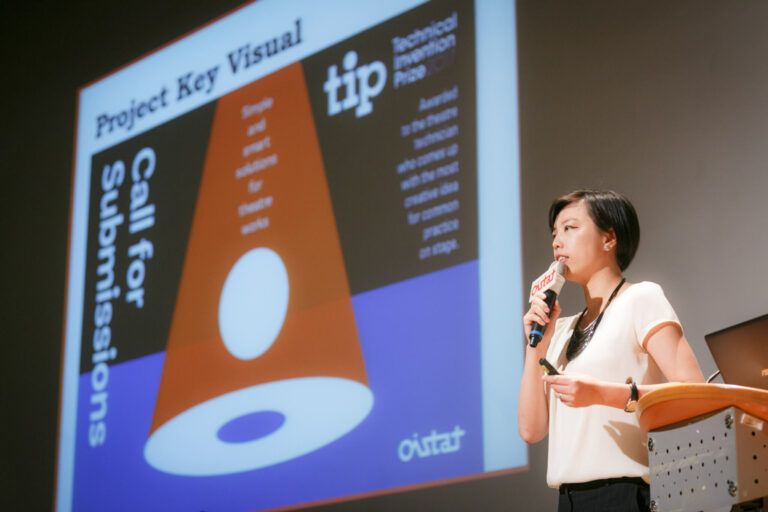
I have three tips that have been really helpful in my years of building up my career by combining arts and politics.
1. Follow your passion, even when the path seems challenging. Your passion will be the guiding light to lead you through the darkest of forests
2. Push yourself out of your comfort zone.
3. Be modest and always keep your promises. These are the rules that will build your reputation
I am a fast reader. I read 4-6 books a month, ranging from literature to social science. After a long day, I love to cuddle with my dog, Schuman, a retired black labrador retriever from the police department, and enjoy a good book. (I have to admit that Schuman tries to stop me from reading, he prefers I play with him).
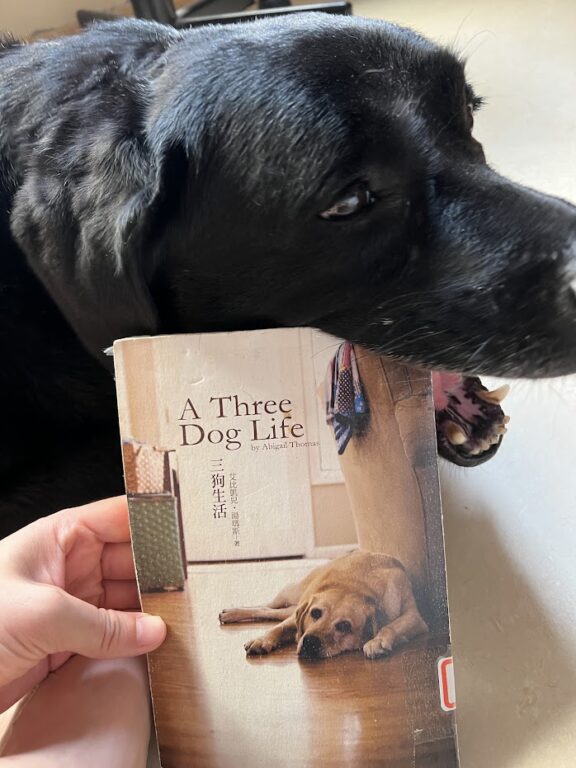
I hope that in 5 years, I will be a better version of myself: still with the same passion for theatre and politics but with more wisdom
I envision OISTAT becoming the most influential international organization in theatre design, technology, and architecture, leading the way in sustainability. I would like to see OISTAT expand its network to include arts managers and reach more countries in Asia, Africa, and Arabic-speaking regions.
More importantly, OISTAT should strive for greater diversity and inclusivity in its leadership, considering factors such as geography, gender, and race.
To learn more about OISTAT events, click here.
Multifaceted: Interview with “Some Like It Hot” Performer TyNia Brandon
Conversation with Trans/ Non-Binary Multi-Artist Lui L’Abbate
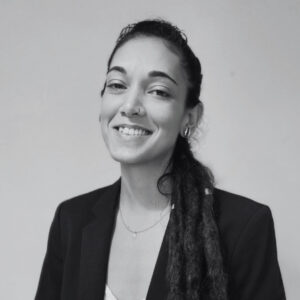

Megan hails from the twin island nation of Trinidad and Tobago. She is a musician, singer/songwriter with a vast technical theatre background and can be called a rockstar of the creative world. Boasting a holistic understanding of multiple Creative Arts spanning a roughly 16 year career, while being an activist who is passionate about the empowerment of girls, womexn and the LGBTQ+ community, Megan exists at the intersection of the Creative and Cultural Industries and social change. She considers herself a citizen of the planet, having traveled considerably during her career, and is energized by her chosen family and professional networks that span the globe. Megan holds a Certificate in Digital Media Studies with a focus in Music Technology, BFA in Performing Arts with a focus in Theater Design and Production, a Master in Arts and Culture Management (hons) and has a vocation for coaching creatives. Megan also loves writing music, gigging, connecting with people of all cultures and prioritizes having the ocean waves underscore her daily life.
Read Full Profile© 2021 TheatreArtLife. All rights reserved.

Thank you so much for reading, but you have now reached your free article limit for this month.
Our contributors are currently writing more articles for you to enjoy.
To keep reading, all you have to do is become a subscriber and then you can read unlimited articles anytime.
Your investment will help us continue to ignite connections across the globe in live entertainment and build this community for industry professionals.